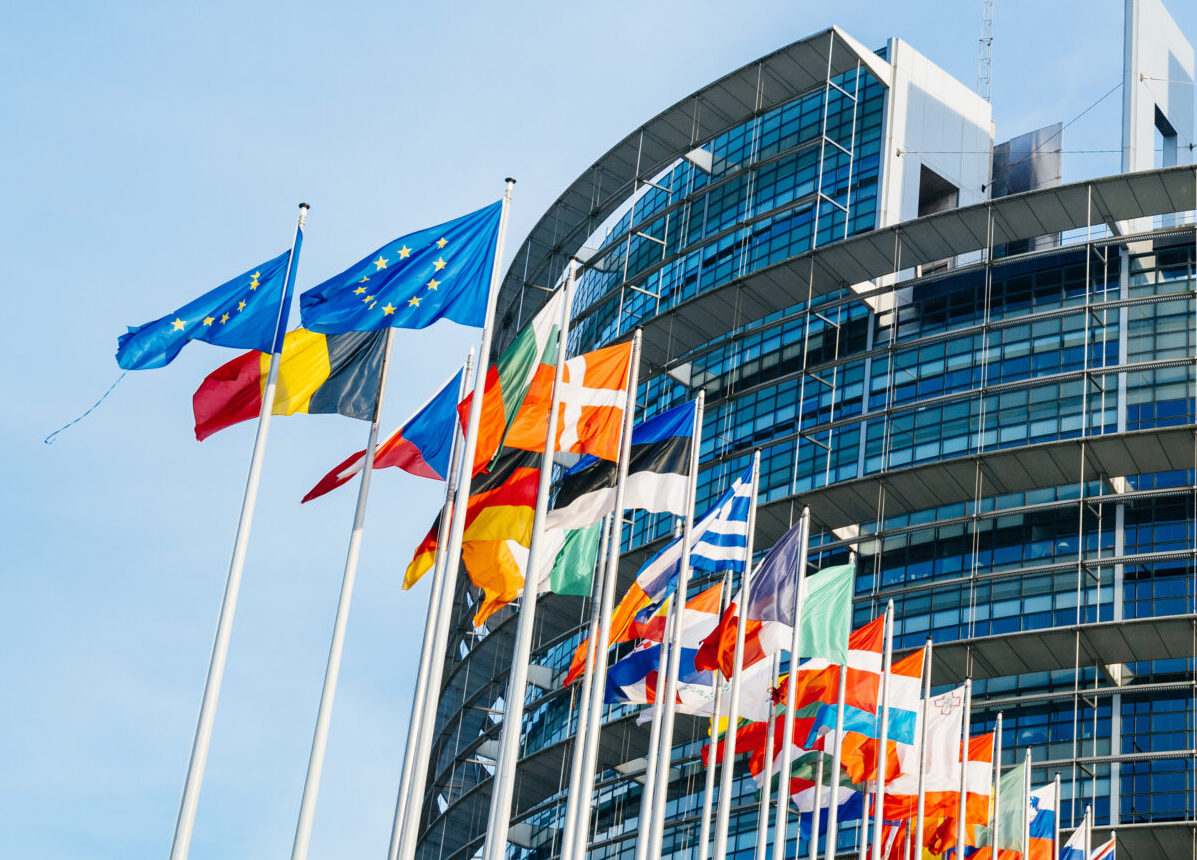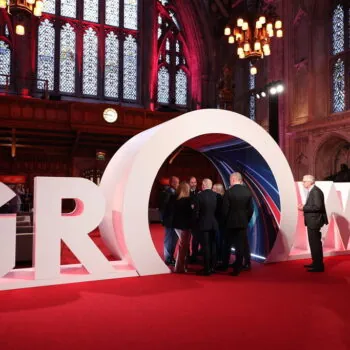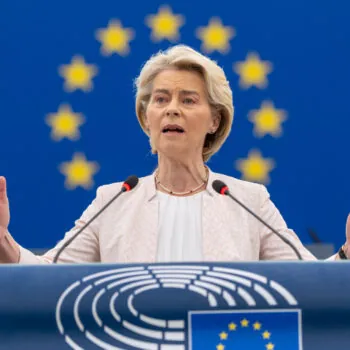The Clean Industrial Deal offers an opportunity for the EU to redefine industrial success, by aligning its domestic policy aims with international objectives. At a time of rising trade tensions, geopolitical uncertainty and increasing climate impacts, championing stronger global cooperation with international partners will be essential for the EU to achieve both its industrial competitiveness and geopolitical objectives.
The EU’s Clean Industrial Deal will be the first major policy initiative by the new European Commission, aimed at boosting competitiveness and decarbonising the economy. External action can contribute to achieving these internal objectives by creating sustained growth markets for clean technologies, reducing costs through integration into global value-chains, and ensuring robust diplomatic relations to foster greater economic security. By developing a comprehensive strategy which aligns domestic and international objectives, the EU has an opportunity to multiply the impact of its industrial goals.
A pivotal moment for global leadership
The current geopolitical landscape creates a challenging context for the EU in driving competitiveness and meeting its decarbonisation objectives. Rising protectionism, concerns over energy security and wider threats to the international rules-based order pose fundamental challenges to the open trade model under which the EU has previously thrived. Overcoming these will require the EU to re-establish its role as a cooperative partner and defender of values, while also driving the expansion of global markets for green products.
By setting high standards for green growth globally, the EU has an opportunity to build a progressive model for industrial decarbonisation and reaffirm its role in the global order. Supportive action at the political level – such as an ambitious NDC with clear signals for different sectors, or commitments on industrial decarbonisation via the Climate Club or similar initiatives – would demonstrate leadership at a time when multilateral cooperation is in crisis. Championing the alignment of multilateral development banks with the clean transition could also help to create new industrial opportunities internationally.
A strong external dimension in the Clean Industrial Deal would additionally rebuild trust, following recent accusations from international partners of the EU turning inward with its Carbon Border Adjustment Mechanism (CBAM) and increased use of trade defence measures. Emphasising the EU’s focus on creating new growth markets and strengthening global value chains could help to reset this narrative by demonstrating the role of industrial policy in delivering global benefits.
Aligning industrial policy with external action
Resilient international relationships, including trade and diplomatic partnerships, will be essential to ensuring the success of the EU’s industrial policy ambitions. European competitiveness will depend on securing long-term investment and access to global markets, particularly in critical minerals. The EU’s external instruments should therefore be deployed coherently to help achieve these internal goals.
Building strong bilateral ties with other economies through new ‘Clean Trade and Investment Partnerships’, as proposed in President von der Leyen’s political guidelines for 2024-2029, could help to accelerate industrial decarbonisation at both the domestic and global level. Coordinating these alliances to reflect the full set of EU industrial interests – including competitiveness, decarbonisation and security – would offer a robust framework to deliver on the EU’s strategic goals whilst also supporting a just transition for partner countries.
For example, the EU could use this model to build energy partnerships with countries in North Africa, which could offer abundant solar and wind power. In the steel sector, this clean energy could be used to develop industrial capacity in the more energy-intensive parts of the supply chain, such as converting iron ore into iron. As set out by think tank ECDPM, this would achieve joint objectives of boosting exports from North Africa further up the value chain, whilst also gaining cost savings from utilising cheaper electricity which would enhance the competitiveness of the European steel industry.
A Clean Industrial Deal that aligns internal and external objectives would also help the EU to position itself as a partner of choice amidst rising competition from the US and China. To do this, the EU must assert its own interests whilst also ensuring that outcomes do not exacerbate global inequalities. In an increasingly multipolar world, strengthening relationships with like-minded middle powers could enable the EU to improve geopolitical stability and counter the influence of aggressive trade policies. This will ensure that the EU’s future green industries are built on resilient foundations.
Redefining industrial success
The EU must seize the opportunity to set a comprehensive and inclusive agenda for industrial policy, which champions international cooperation and shared interests as the key to delivering better outcomes for people and the planet. Countries are increasingly looking to the EU as an important and influential global player, but without a strong external dimension the Clean Industrial Deal will lack credibility on the international stage.
The EU must continue to raise the bar for green industrialisation and make a clear political commitment to delivering global solutions to global problems.


